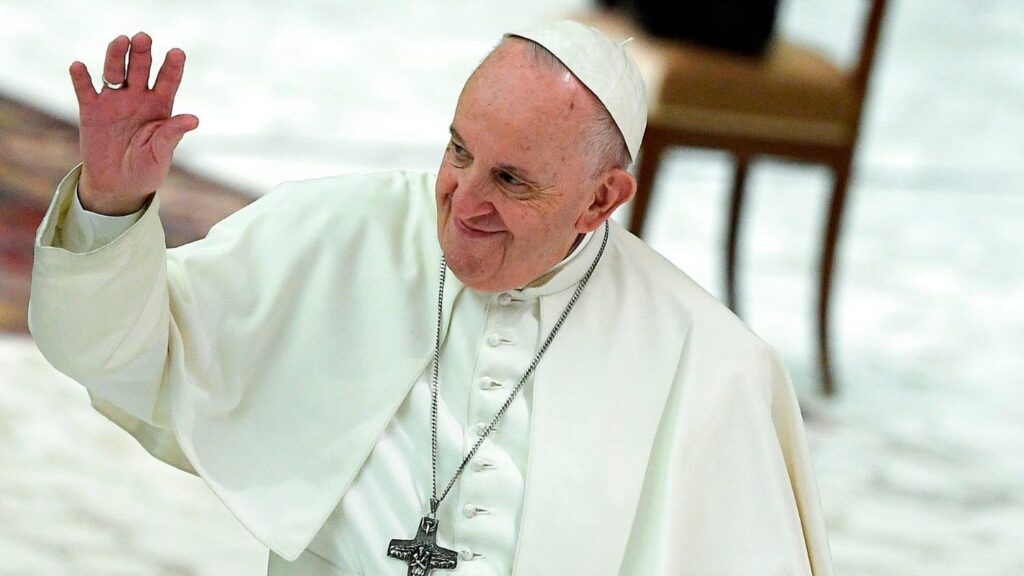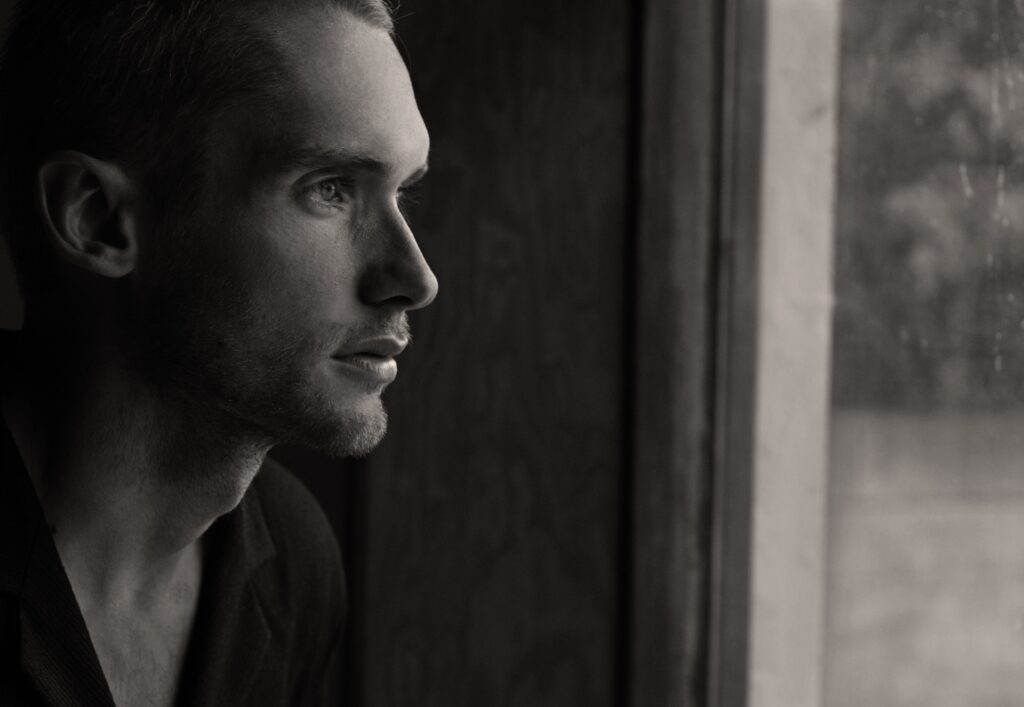The hope of the wayfarers
Earthly and eternal aspirations

We are wayfarers, in transit throughout our biography. A condition that, as Josef Pieper points out, (Hope. Rialp, 1961), expresses the most intimate constitution of the creature’s being. It is the intrinsic and entitative “not yet” of the creature. The “not yet” that includes in itself two aspects, one negative and one positive: not being fullness and being on the way to fullness. As wayfarers, we are in time, but our journey does not end in time. We aspire to a successful life, here and there. Here, achievements and stumbles, and with our eyes set on the horizon, in such a way that our here opens the door to eternal joy, and we can hear from the Triune God the formula of approval: “well done, good and faithful servant, because you have been faithful in a little, enter into the joy of your Lord.” Eternal life is not a small thing that we hope for.
Through hope – a gloss on Pieper – the person, “with a restless heart”, strives in confident expectation to reach the arduous future good, the not yet of life achieved both naturally and supernaturally. Thanks to hope, longing – that desire for what we do not yet have – is fruitful. From this perspective, the believer’s prayer has meaning when it asks, it entrusts. With hope, the communion of saints takes on extraordinary heights, knowing that we all ask for the love, the desires that each one carries in his heart. A fruitful communion that, in part, is visualized in the traditions of the wells where the faithful deposit letters and messages asking Heaven – through the intercession of the saints – for favors whose realization escapes mere human possibilities.
Human hope and, also, supernatural hope dressed in greatness of spirit, capable of rejuvenating the spirit of young people and adults. It fills the young with dreams, and returns the spring vigour to adults. Both young and old have not yet reached the fullness they are looking for, they are still walkers. A pilgrimage not free of enemies that, more than thought, attack the life they are trying to dry up. They are hopelessness and presumption. The first leads to throwing in the towel at the first setback, ending in unconditional surrender. Hope disappears, only bitter resignation remains, pure present, without surprises, because, for the hopeless, the die is already cast and the result is immutable, there is nothing to expect. Its corollary is a pessimistic attitude towards life: why try to change things if they will continue to be crooked? When hopelessness sets in, what follows is only vegetating: letting things happen and letting things happen.
Presumption, on the other hand, is the other negative side of the same coin. The presumptuous person believes that he has already achieved everything and, therefore, tries to enjoy and live in the present. For the presumptuous, the future is perfectly predictable. He has changed the “it may be as it may not be” of contingency, for the “it cannot not be” of necessity. There is in the presumptuous a perverse security, typical of someone who believes that with his own strength he will conquer what he wants. “Presumption,” Pieper will say, “lies in a false evaluation of oneself, affirmed in some way by one’s own will; it consists in a will to security, and this security is necessarily improper, since there is no valid entitative foundation for it. This false evaluation is, in more detail, a lack of humility, a denial of the real condition of a creature.” The presumption matches the strategic planning of some companies: they intend to cage the future, which they have turned into a captive bird. An attitude, certainly, unreal and perverse.
Living in security or living in hope? I remain with the hope to whom foresight is not foreign, very different from the attitude of domination of presumption. For believers, moreover, “Christ is at the same time the real fulfillment of our hope,” Pieper notes. This fact is expressed with great clarity in the phrases with which St. Augustine tries to explain the words of Scripture spe salvi facti sumus, “in hope we are saved” (St. Paul, Epistle to the Romans, 8, 24). St. Paul did not say, therefore, “we will be saved,” but “we are already now saved”; but not yet in reality (re), but in hope; he says, “in hope we are saved.” “Our hope is in Christ, for in Him what we hope for as promised has already been fulfilled.” We do not yet see what we hope for. However, we are the body of that head in which what we hope for is fulfilled. Already saved in hope, a solid conviction that gladdens and sustains the walker in his steps toward a successful life.
Related

Dance: Strength, Delicacy, and Dignity
Mar Dorrio
29 April, 2025
2 min

The Four Seasons of Your Life: Much More Than Music
P Angel Espinosa de los Monteros
28 April, 2025
3 min

A Pope Never Goes Away
José Antonio Varela
28 April, 2025
4 min

Divine Mercy, the Small and the Great
José María Montiu de Nuix
27 April, 2025
5 min
 (EN)
(EN)
 (ES)
(ES)
 (IT)
(IT)

